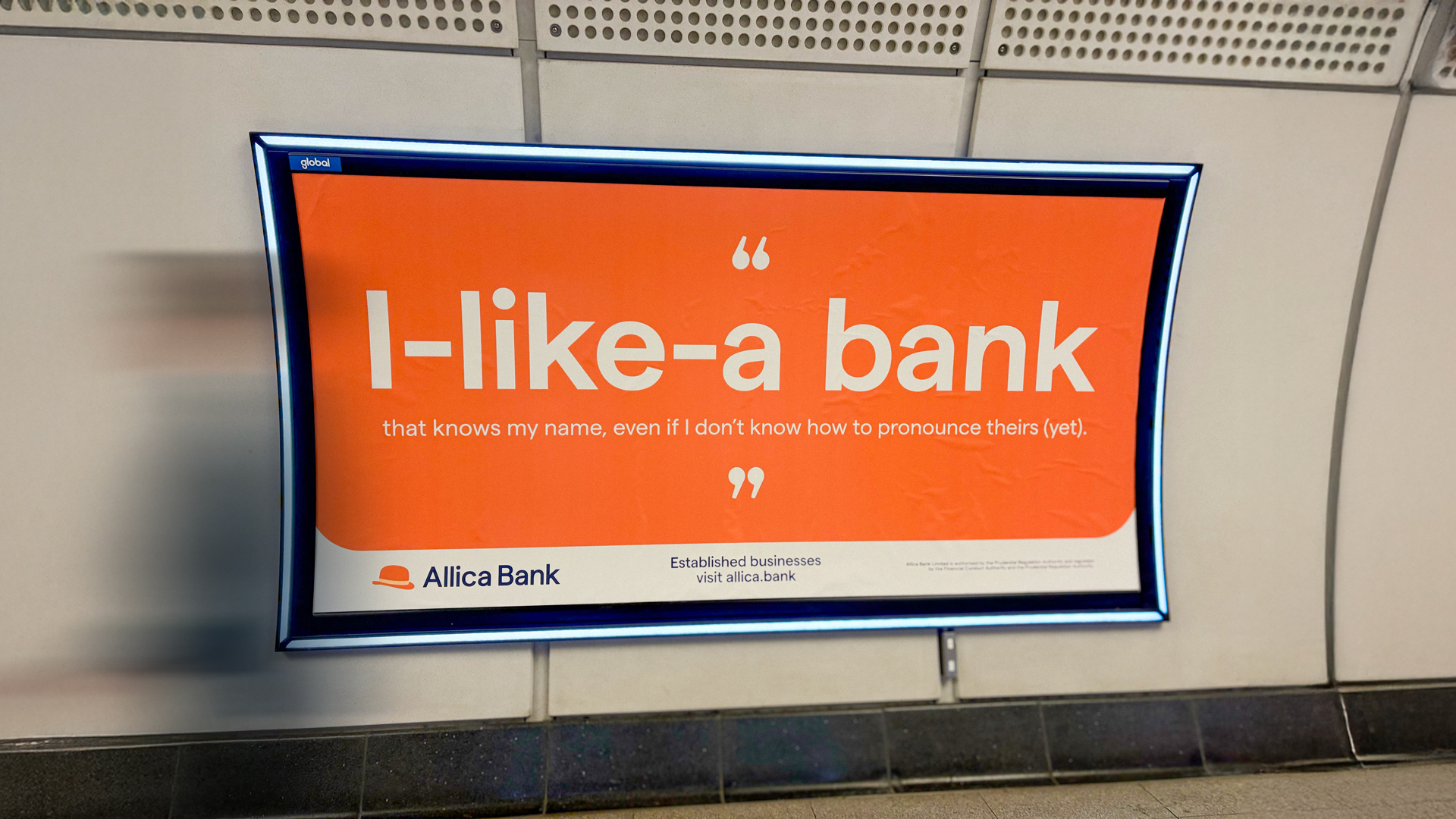The Bank of England’s Base Rate has finally dropped (from 5.25% to 5.00%) after a year at its peak. That reduction doesn’t change the bigger picture, though: we’re still in a relatively high interest rate environment.
As a result, banks are still offering savings accounts with attractive rates to businesses. With August’s rate drop, though, some accounts are changing the interest on offer. As an accountant, you might well be fielding questions from clients about how to navigate the savings market and what’s going on right now.
This Market Briefing sees Richard Williams (Senior Partnerships Manager) and Sophie Hossack (Head of Partnerships) discuss the current interest rate environment, the knock-on effects on savings accounts and how accountants can add value to their client relationships in this area.
Putting high interest rates in context
When asked about the last few years and how they’ve impacted savings, Sophie suggested it’s better to look back further for fuller context.
For decades before the 2008 crisis, “business owners were used to putting money aside in savings accounts and earning quite considerable amounts of money.”
Come 2009, “it dropped so significantly that we quickly got out of the habit of thinking about how to use our cash in our bank accounts appropriately. For the last couple of years, we’ve had a relatively high base rate compared to the 2000s, but not in comparison to the 10+% of the 1990s.”
If you have clients that have been in business for 30 years or longer, this won’t be such a novelty. Even for those long-established businesses, though, the mental shifts brought on by low rates has been notable.
An easy-to-lose habit
14 or so years of basement-level interest rates have changed the way many of us think about business savings.
“There’s been a change that we weren’t expecting or prepared for [in terms of] our behaviour. We haven’t been used to putting money aside and we certainly haven’t been expecting to earn money on that cash.”
Established business owners went from it being entirely “usual to put money aside and expect to earn interest on it,” to it not even being worth their time. Coming back from that is quite a big jump.
How accountants can help
Richard wanted to dig into the practical details of how accountants can help their clients in this relatively new interest rate environment.
Sophie noted that, whatever kind of business review schedule you adopt for your clients, including “a review of accounts and business banking” is a great starting point.
“If you know they are sitting on a significant amount of cash, making that work harder in this environment is really key. A lot of businesses saw an increase in the amount of cash held in their bank accounts after COVID. The average was about 30% more coming out of the pandemic than going into it.”
Most SMEs aren’t used to having their cash earn money for them. “For accountants, this is a really good conversation to have – it’s proactive, helpful and supportive.”
Sophie reiterated, “the key thing to get across is not leaving it in a current account, doing nothing.” Referencing Allica Bank’s Savings Squeeze campaign, Sophie remarked that there’s something like “£273 billion sitting in business current accounts, with those businesses missing out on £8.6 billion in interest every year.”
Sophie’s number one savings accounts tip for accountants
When Richard asked Sophie how accountants can get the message of saving across to their clients, she knew the answer straight away.
“Helping clients understand how they’d use that extra money” should be the priority. If you can “help clients visualise” the way they might use their earnings, you make a concept a much clearer reality. “Otherwise, it’s human nature to leave it on the to-do list.”
Sophie was able to share a story of one accountant who helped a client move to Allica’s Business Rewards Account, with its attached 4.08%* AER (variable) instant access Savings Pot. The business owner used the interest earned on their cash reserves to offer their employees private medical insurance.
Opting to access a competitive savings rate unlocked a new benefit for their employees.
Other things accountants can consider
Sophie went on to discuss some other important questions and prompts accountants could take to their clients.
1) The impact of compound interest
If your clients can’t find a good use for the interest earned on their savings, compound interest can be a compelling argument on its own.
If they can earn £5,000 on a £100,000 balance in one year, provided the interest rate stays the same, they could earn £5,250 the next. And on it goes.
Building up a cash reserve in an interest-bearing account is a great end in and of itself.
2) Review business savings account terms and notice periods
Sophie suggested “looking at the type of term account” your clients have, or what kind they might need in the future.
If you have a client that is saving for a project that won’t start for more than a year, a 12-month fixed-rate account could be a great idea.
If they need to split their emergency fund savings apart from other savings, making use of an instant access account might be best.
It comes down to knowing your clients and their situations and using your knowledge of the market to match them with the right products.
3) Do your due diligence
If you’re suggesting clients review anything to do with their banking, you’ll want to look at “some of the nuances of the bank and what they offer”.
- Does it have its banking licence?
- Are deposits protected by the FSCS guarantee?
- Does it have a minimum or maximum deposit for savings accounts?
You want to know the fullest picture before making a suggestion.
An opportunity to add tangible value
As an accountant, you no doubt want to offer a valuable service to your clients. A recommendation to open a new savings account could be valuable to the tune of five-figures in interest over the course of a year. It’s hard to think of clearer value than that!
While the Bank of England’s base rate is possibly coming down from its peak of 5.25%, there are still great options in the market for business savings accounts. If your clients are looking to make better use of their cash, you’re in the perfect position to advise.
You can explore Allica’s savings accounts, if you want to start reviewing the market. Or take a look at our accountants page to see how we can help your clients.
––––––
Links were live and information was correct at the time of publishing.





